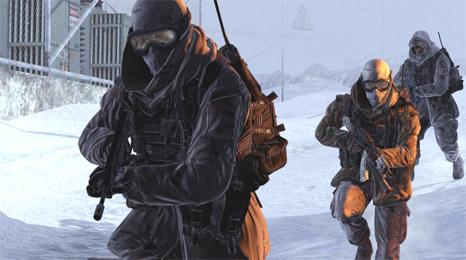Gaming industry lose 'billions' to chipped consoles
- Published
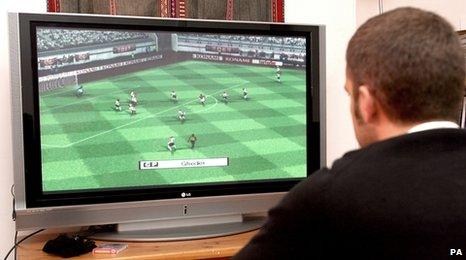
People who play illegal copies of video games on chipped or modified consoles cost at least £1.45 billion in lost sales in 2010.
The Association of UK Interactive Entertainment (UKIE), which speaks for the games industry, says it's not just money that's being lost.
It also estimates that it's resulted in 1,000 fewer jobs in the industry.
One pirate told Newsbeat that games are too expensive and the companies behind them make enough money as it is.
Piracy is traditionally more commonly associated with music or films.
But 25-year-old Martin, from near Scarborough, says that's not the case.
He's been modifying consoles for a year and says he's adapted, otherwise known as 'modded', 'chipped' or 'flashed', around 60.
"I can pretty much modify anything," he admitted.
"Xbox 360s and there's a new hack for the PS3, Wii, DS and PSP."
Pirated games
He charges around £40 to modify a console which makes it possible to then play pirated games on them.
They can cost anywhere from £1 to £5 per illegal copy.
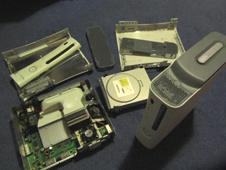
UK software sales were down from £1.9bn in 2008 to £1.45bn last year
He said: "At the end of the day the video game industry makes as much as the film industry nowadays.
"So they (the industry) can't say they're losing masses of money over this.
"They want to bring the prices down and then maybe people would stop doing this."
That is a common argument used by pirates, that legitimate games which cost around £45 are too expensive for many people to pay.
Sales down
As with many parts of the economy the video game industry is suffering at the moment.
Total software sales in the UK are down from £1.9 billion in 2008 to £1.45 billion last year.
It estimates that for every original game sold at least one is pirated.
Video game bosses say that, like the music and film industry, it's a huge problem.
Michael Rawlinson, the Director General of UKIE, says it's a simple question of criminals breaking the law and posing a genuine threat to video game companies.
He said: "When people play a pirated game that money goes to a criminal, not to the industry.
"That takes away jobs from young developers and graphic designers, so it actually stifles creativity and stops new games coming out."
He says games aren't overpriced: "These big games, you get 20 to 50 hours game play, which is tremendous value for money.
"A game like Call of Duty could take two years to make and cost millions of pounds.
"So there are huge sums of money involved in individual games."
Critics of the industry's stance argue each pirated game doesn't necessarily mean a lost sale.
They claim many people play illegal versions that they would never consider buying so the industry's figures don't add up.
However bosses insist that the £1.45 billion figure is a conservative one.
Whichever side is right it's certainly a divisive issue within the gaming community.
Luke Gourley is a 19-year-old gamer from Sunderland.
He says: "I think pirated games are a bad idea.
"It's stealing and it doesn't give revenue to the industry to be able to invest in future games, bigger game and better games."
Follow our technology reporter Dan Whitworth on Twitter, external
- Published29 October 2010
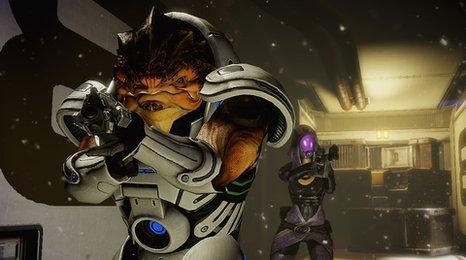
- Published8 October 2010
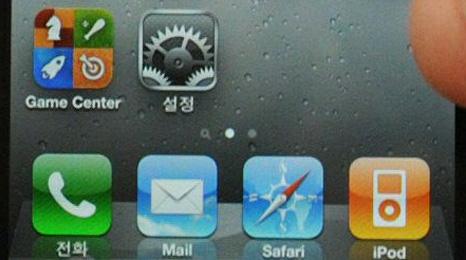
- Published4 October 2010
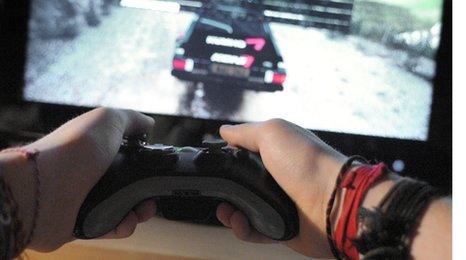
- Published7 September 2010
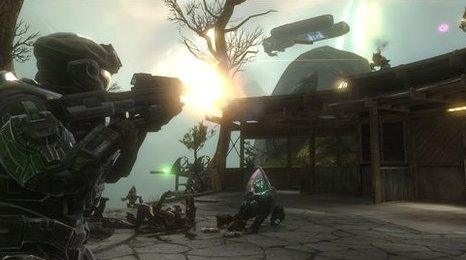
- Published12 November 2009
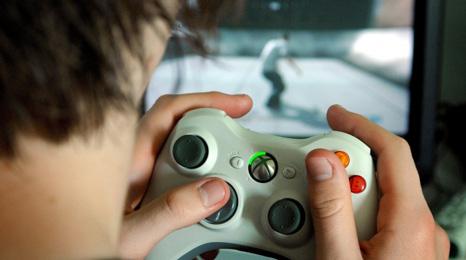
- Published11 November 2009
